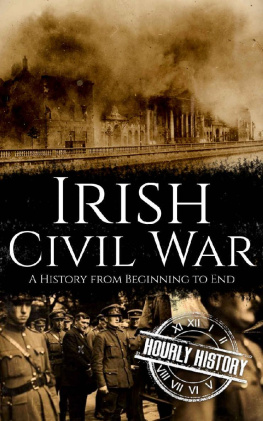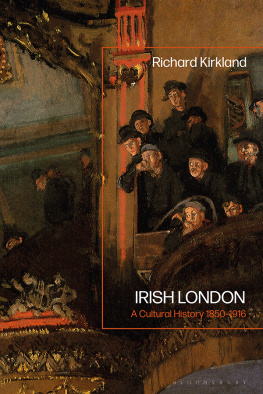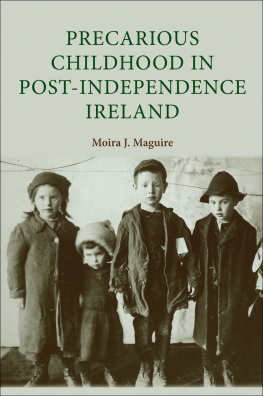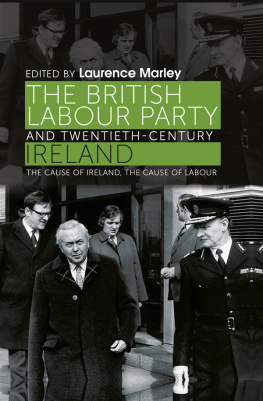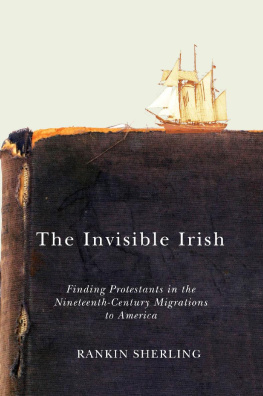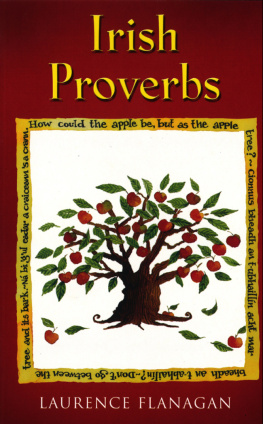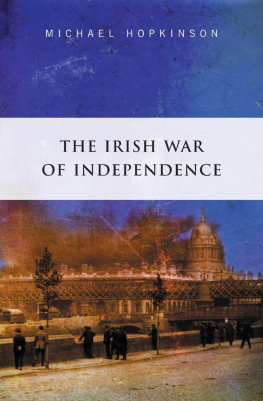S TUDENTS SOMETIMES ASK ME HOW ANYONE EVER WRITES a book. Heres how, in eight easy steps:
First, choose the right graduate program. Paul Seaver, Paul Robinson, James Sheehan, Richard White, and Jack Rakove were models of scholarly rigor and personal generosity. Peter Stansky provided help, advice, counsel, constructive criticism, and occasionally quiche for the better part of a decade, and the historian I am today is almost entirely his doing. Chad Martin, Amy Robinson, Rodney Koeneke, John Broich, Chris Wilson, Jesse Kauffman, Rachel Nunez, Emily Greble, James Ward, Kevin Carey, James Carolan, Anna Chang, Kris Salata, Joe Sacco, and Dan Maidenberg all helped me maintain some sense of perspective. The Lady Vaizeys hospitality is much appreciated. Thanks are also due to grants from the Stanford History Department and the Stanford School of Humanities and Sciences as well as to the Fred W. Oakford Graduate Fellowship.
Second, get to know librarians and archiviststhe eternally unsung heroes of the scholarly world. The special collections and archival staff at the National Archives and the National Library, Dublin; University College Cork; University College Dublin; the National Archives, Kew; the University of Victoria; the University of Southern Illinois at Carbondale; the Hoover Institution; Stanford University Libraries; and the University of New Mexico Libraries all responded to my impertinent requests with good humor and great advice. Acknowledgements are also due to the following for permissions granted: the Irish Times, New Hibernia Review, ire-Ireland, and the Harvard Law Library.
Third, find great people to work with. The faculty and staff of the History Department at the University of New Mexico had me unceremoniously foisted upon them but have never once reminded me of this. One of the greatest pleasures of my professional career is being able to listen to the complaints of colleagues at other institutions whose departments are dysfunctional, disagreeable, or worse. I get to smile and say, quite honestly, that I really have no idea what theyre talking about. And I was lucky enough to have not only a great department but also a great set of colleagues outside my department. Trying to build an Irish Studies program from scratch is easy if you have a coconspirator as impressive as Sarah Townsend. Interdisciplinary collaboration is a breeze when you get to work with people such as Maria Szasz and Mary Power. Lori Gallagher has provided a model of generosity and dedication to the field that will never cease to inspire me.
Fourth, get yourself a scholarly network. I found mine in and around the American Conference of Irish Studies and the American Conference for Irish StudiesWestern Regional. Brian Conchubhair, Nick Wolf, Anna Teekell, Jim Walsh, Audrey Eyler, Charlotte Headrick, Kathy Heininge, Donna Potts, Traolach ORiordain, Dave Emmons, Myles Dungan, Matt Spangler, Glen Gendzel, Tony Bucher, David Brundage, Nick Harrington, Matt Horton, Brian McCabe, and Camille Harrigan have changed my mind about conferences, and Ian dAlton, Ida Milne, David Lloyd, Jim Rogers, Vera Kreilkamp, and Jim Donnelly have all been extraordinarily supportive of my work at moments when I was not at all sure that it deserved it. Matthew Stibbe was generous in sharing his extensive knowledge of Ruhleben Camp and Colonel William Gibson his unparalleled expertise in the history of Irish golf.
Fifth, find a world-class press. When I first began telling people that I had signed a contract with Indiana University Press, they would sigh and say, Ah, Indiana, as if they were remembering prewar Paris in springtime. It turns out that Indianas reputation for being a pleasure to work with is understating it considerably. Kate Schramms patience is apparently endless, and the professionalism and enthusiasm of Jennika Bainesthe kind of scholar-editor that most people dont believe exists anymoreis truly a wonder to behold. Thanks also to the anonymous peer reviewers of this work in manuscript: your thoughtful comments and suggestions were enormously helpful.
Sixth, associate yourself with good families, and ideally plan ahead so that youre born into one. Denis and Bev Pirio and Stephanie and Steve Parrish have been relentlessly encouraging. My parents, Bill and Carol Richardson, have showered me with affection, support, and healthy snacks for as long as I can remember, and even before. Micah, Catherine, and Desmond have tolerated my absent-mindedness with far more good humor than I have any right to expect.
Seventh, if youre going to have children, be sure to have great ones. Townes and Harrison did everything in their power, at every stage of the process, to distract me from my research and writing, and I cant thank them enough for it.
Eighth, if at all possible, marry Sarah Pirio. Most of what I do, when it comes down to it, is just showing off to try to get her attention, and this book is no exception.


